Here at the majority of our patients are either new to cannabis (aka “medical marijuana”), or tried it many years ago. If you’re new to cannabis as plant medicine, or coming back “to the green team” after a while, things have changed!
No longer is this miraculous plant’s potential stymied by visions of drug dealers, jails, and criminals. International researchers and patient testimonials have proven that when used responsibly, the cannabis plant and its incredible cannabinoids can restore balance to the human nervous system, promote natural healing, and help keep us in homeostasis.
Depending on your condition, there are different options for how and what to dose. Patients can now easily choose between inhalation for quick relief, sublingual drops for precise, long lasting dosing, capsules for all day relief, and topicals for targeted treatment of local pain among other innovative methods that are released by different dispensaries.
The following article will help new patients, and those with more experience, to find relief.
For patients seeking rapid relief from physical or emotional pain, inhalation is an excellent choice. If you’re “vaping” a cannabis product, you’re inhaling a concentrated oil that’s heated by a battery coil–not smoke. Once inhaled, capillaries in your lungs trap the vapor and deliver it to your bloodstream instantly. Relief typically lasts up to two hours. Although a very popular choice, vaping cannabis should be viewed as a treatment for a current issue in need of rapid resolution, not as a preventative against other health challenges.
Smoking cannabis is another “inhalation” option and has been proven to be very effective. Although not as clean as vaping an oil, smoking delivers a broader array of cannabinoids to the body and many people find it more effective and natural than “vaping” oil. Interestingly, despite the perceived risks of inhaling smoke, recent studies published in the Journal of the American Medical Association have found there is not a connection between smoking the plant and lung cancer. In fact, THC and CBD have been proven to have significant anti-cancer effects.
Importantly, the psychoactive “high” produced in patients by inhaled cannabis is also quickly neutralized by CBD. This is especially important for patients seeking relief from anxiety. If you are suffering from PTSD, be careful with THC–especially sativa strain products. The high of THC can sometimes increase your symptoms. However if this happens, you can quickly find relief by taking a high quality CBD oil like RevitaOil. Finding the balance between your CBD and THC levels is where the magic of medical marijuana happens.
Finding your effective dose with a vape is very easy. Just take a small pull on the vape for 1-2 seconds, inhale normally, and exhale. Some minor coughing is possible, but don’t be alarmed. There’s no plant matter or burnt carbon in your lungs. Drink some water and you should feel fine. After your first puff, wait 5-10 minutes and see how you feel. If you’re comfortable with the level of psychoactivity and want more relief, try another pull for a couple seconds, and then wait to see how it affects you.
The only negative effect you may experience is feeling too high, if that happens, take a dose of CBD and you should quickly find any troublesome thoughts or feelings dissipating.
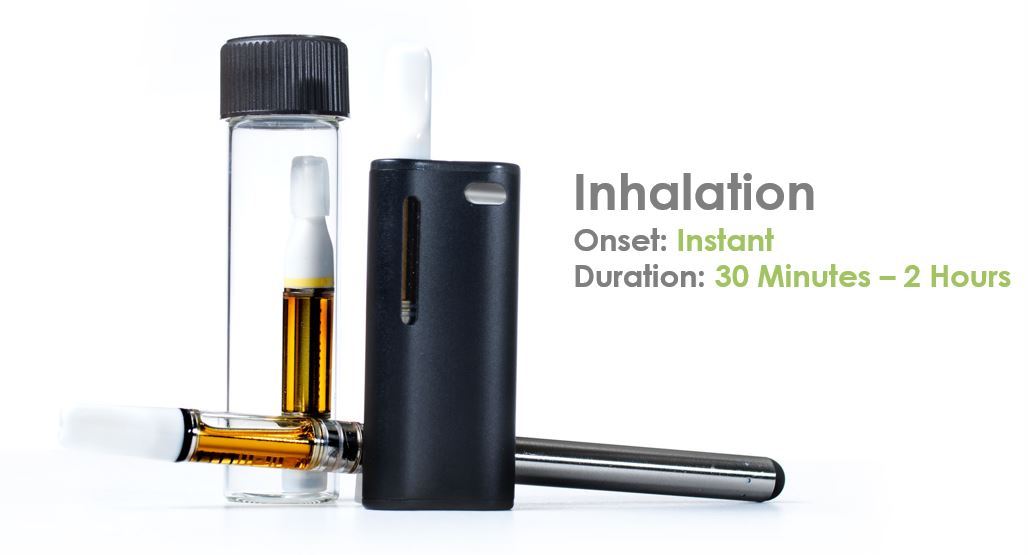
Sublingual drops are a recommended delivery method for novices and experienced patients alike. They are easy to dose precisely, have an extended relief period compared to inhalation, and can be neutralized by CBD.
Indica strain sublingual drops are especially valuable to patients seeking better sleep as they last up to 6 hours and can help patients get a full night of rest, without feeling groggy in the morning. They’re versatile and can also be used topically on local pain.
Compared to inhalation, sublingual drops are also more restorative to the endocannabinoid system and can help balance your body long term vs. the quick relief offered by inhalation.
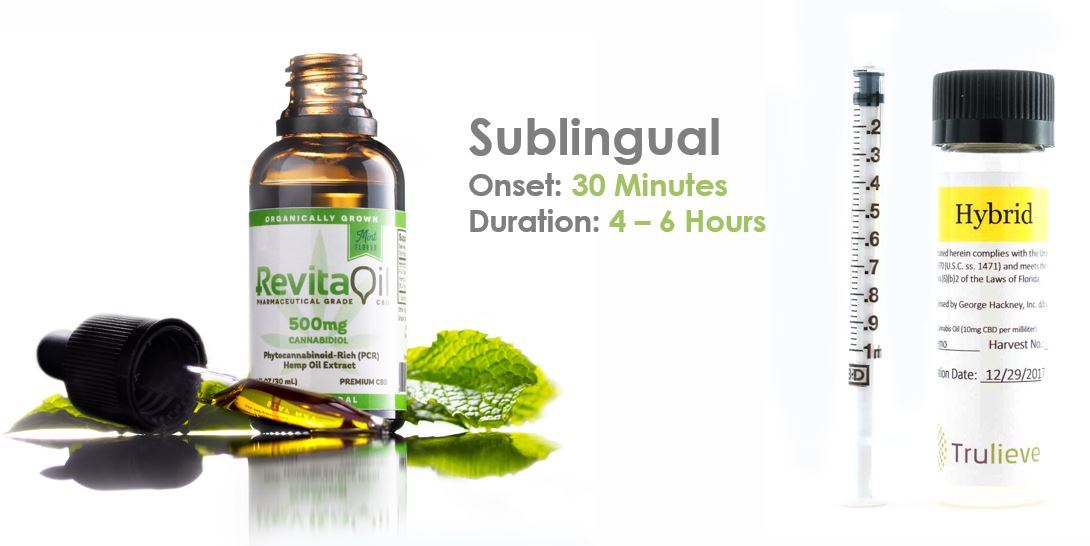
Capsules are often the choice for patients suffering severe chronic pain. They are very long lasting, with 10-15+ hours of relief, and are more potent that other delivery methods. This is because when THC is digested by the liver, it is metabolized into a different form of THC, known as 11-Hydroxy-THC. This metabolite of THC can be 3-5x more psychoactive than “regular” THC! That’s great news if you’re in pain, but be cautious!
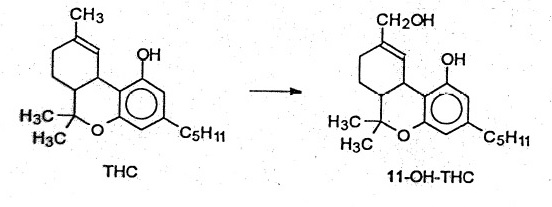
Ingested THC, once converted to 11-Hydroxy-THC, is not neutralized by CBD. This means that once you’re on the ride, you’re on it until the effects wear off. For some patients that can be a blessing, for others it can be a stressful nightmare. So, be cautious and find your dose with sublingual drops first. If you know that 10 mg of sublingual delivers desirable effects, you should find that a 10 mg capsule is an effective dose. Just plan ahead so you can safely and peacefully experiment.
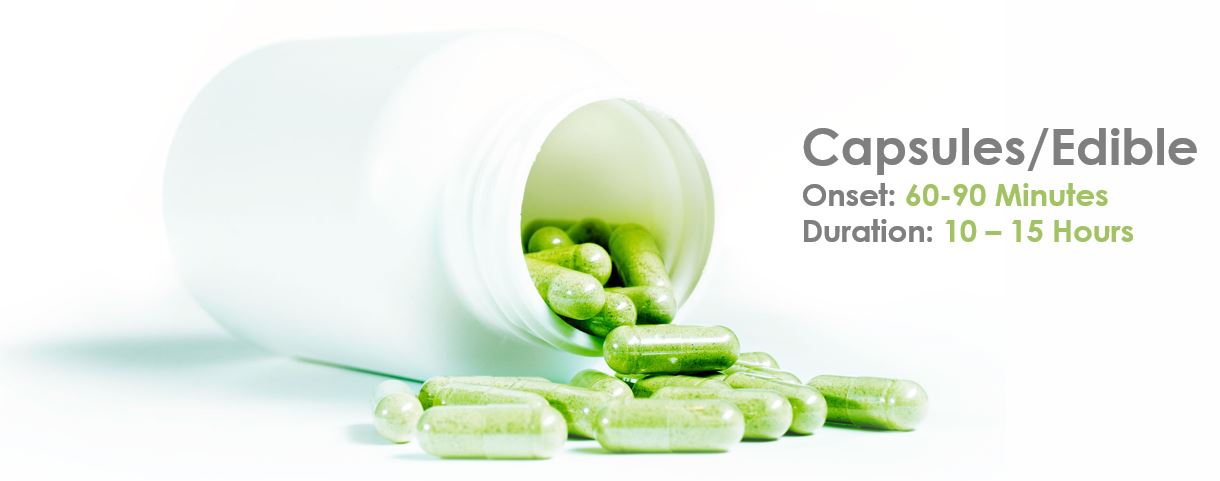
Topical THC is applied to the skin in creams, lotions, or massage oils and has been proven to be effective as a local treatment for arthritis, migraine headaches, sore muscles and more.
Relief varies between 30 minutes and 3 hours, but results are often significant and fast acting.
When combined with vape, oral, or capsule delivery methods, patients are consistently able to find great results.
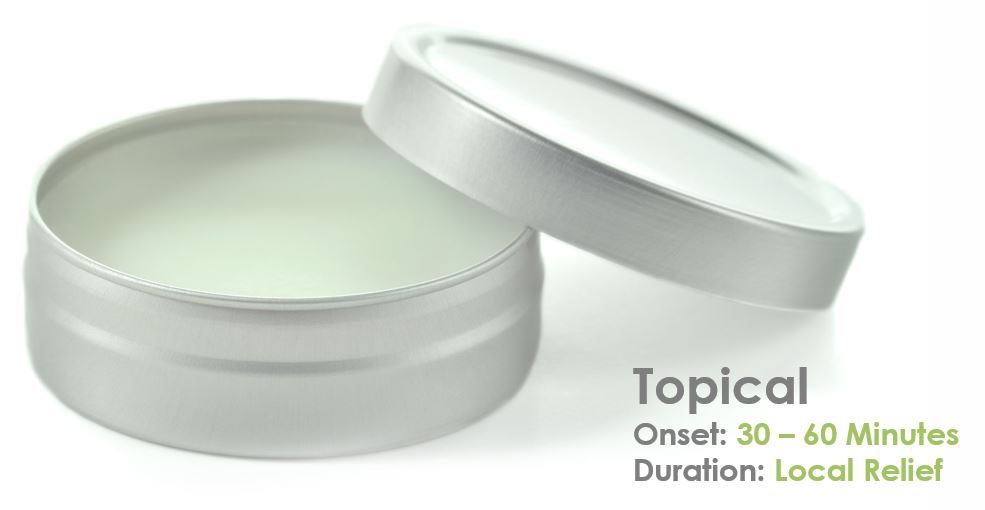
For patients seeking to get “healed not high,” CBD is the heart of their Medical Cannabis protocol. By ingesting moderate to high doses of CBD, along with low to moderate does of THC, patients consistently find relief from their debilitating health conditions.When we discuss these merits of CBD with skeptics we often hear, “OK, but where is the FDA-approved double-blind studies?!” Good question! Skeptics are often surprised to find out that there are thousands of studies that support the medicinal value of CBD! As of March, 2019, there are 2,303 published articles listed in the US National Library of Medicine. Two-thousand-three-hundred-and-three!
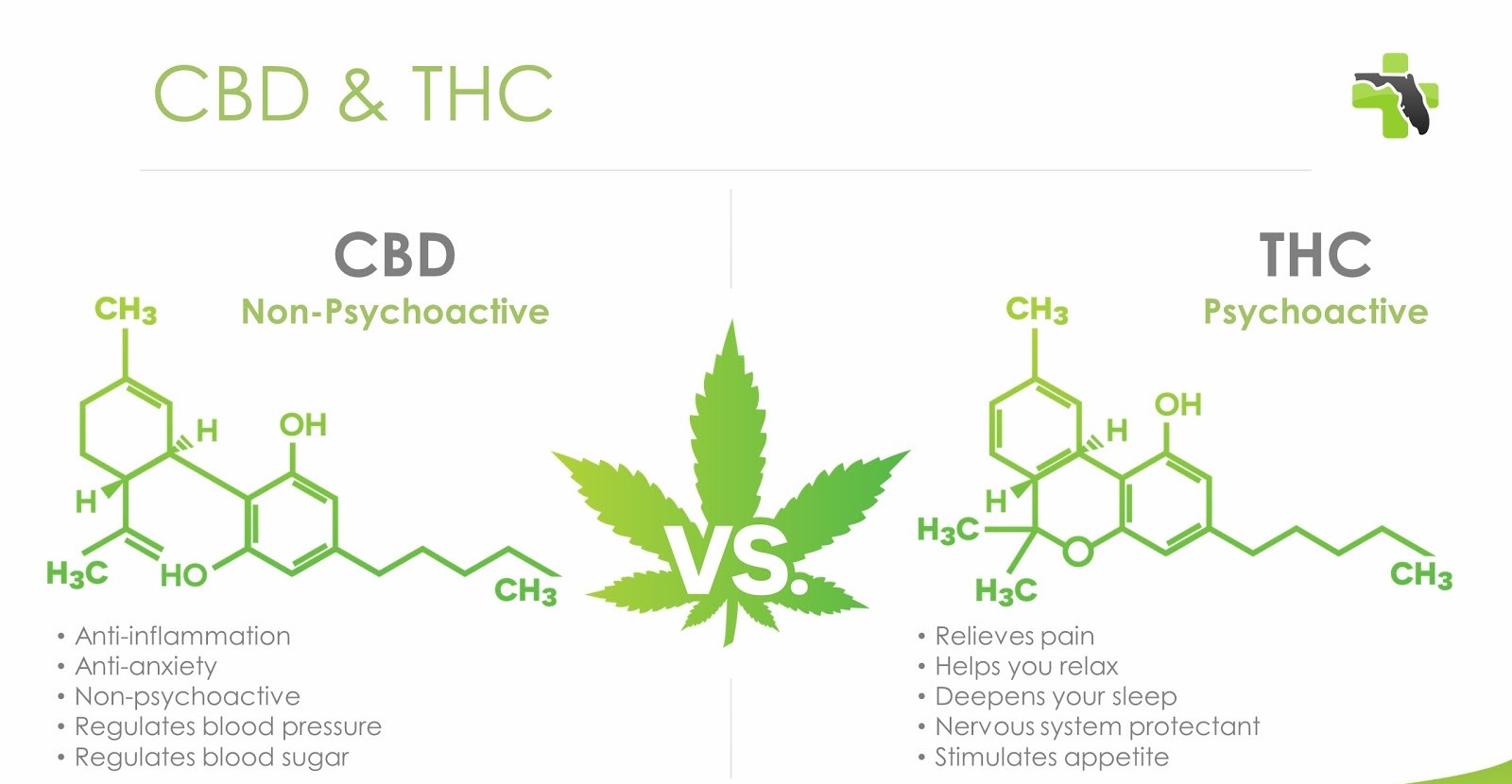
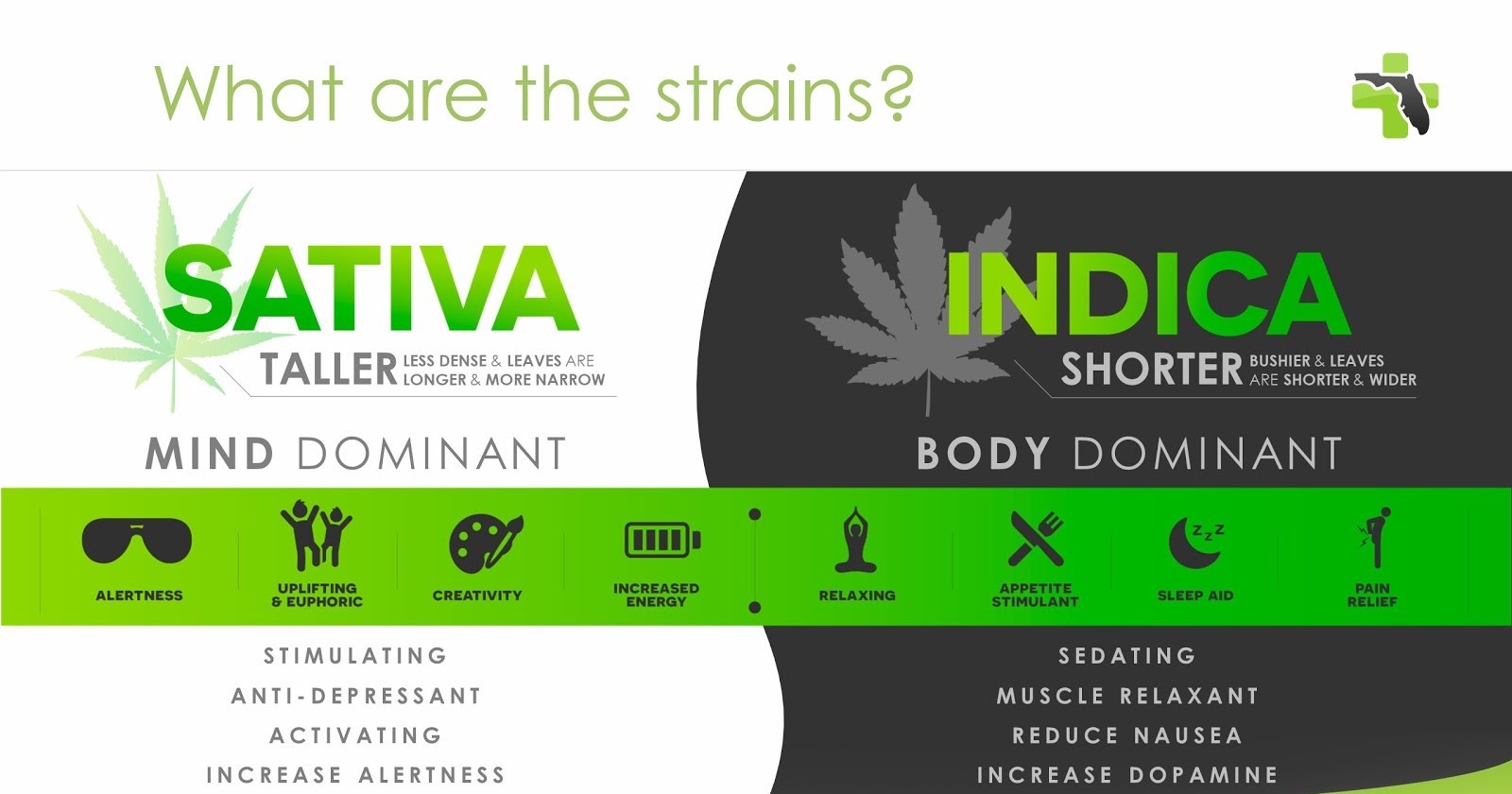
These doses typically range from 1-5 mg and patients frequently report benefits that include better mood, reduced anxiety, improved focus, enhanced resilience to stress, less pain, and other benefits–all without overwhelming feelings of “psychoactivity.”When balanced with CBD, these “microdoses” are often able to deliver significant results without the fears of “getting high” coming anywhere close to true.
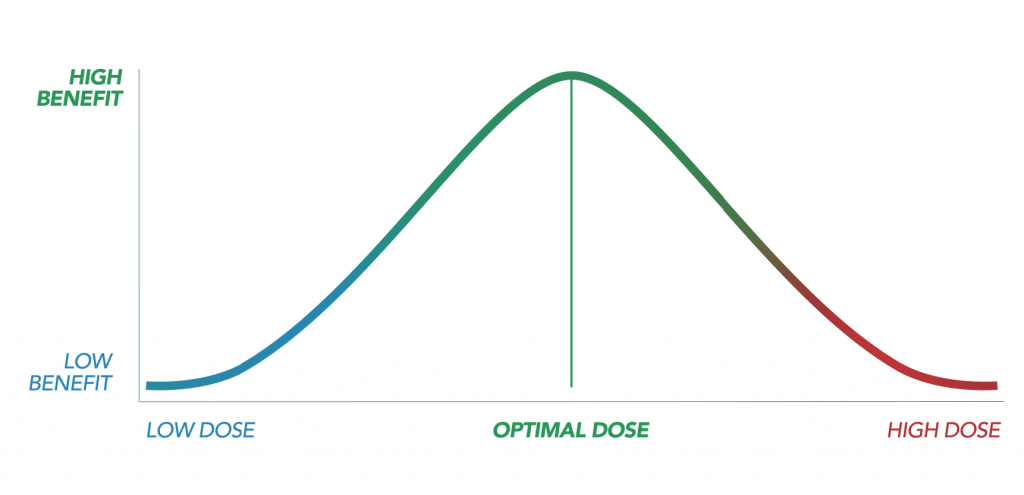
Cannabidiol, a non-psychotropic cannabinoid component of marijuana (Cannabis Sativa), has potent immunosuppressive and anti-inflammatory properties.
CBD may have antipsychotic properties. Evidence from several research domains suggests that CBD shows potential for antipsychotic treatment.
Cannabidiol (CBD) is a nonpsychoactive cannabinoid that has powerful anti-inflammatory and immunosuppressive properties.
Cannabinoid system has been shown to have positive effects on bone metabolism. Cannabinoids at bone level mainly act on two receptors called CB-1 and CB-2 Endocannabinoids represented by anandamide and 2-arachidonoylglycerol, can stimulate osteoblast formation, bone formation and osteoclast activity.
Preclinical and genetic research have yielded evidence that the cannabinoid system is involved in the extinction of fear, presumed to underlie the beneficial effects of exposure therapy in phobic disorders.
A cannabinoid constituent that may enhance endocannabinoid signaling is cannabidiol (CBD), a non-psychoactive component of cannabis. Hence, the addition of CBD to exposure therapy is expected to strengthen effects of treatment.
Our results show that CBD, at extracellular concentrations close to those observed in plasma of patients treated by CBD, induces proliferation, migration, tubulogenesis, and TEER increase in human brain endothelial cells, suggesting CBD might be a potent target for modulating the human BBB.
Cannabis-based medicines are useful adjunctive treatments in cancer patients.
CBD BDS attenuates colon carcinogenesis and inhibits colorectal cancer cell proliferation via CB1 and CB2 receptor activation. The results may have some clinical relevance for the use of Cannabis-based medicines in cancer patients.
We found seven preclinical models of PD using CBD, with six studies showing a neuroprotective effect of CBD.
CBD was well tolerated, and all three studies reported significant therapeutic effects in non-motor symptoms (psychosis, rapid eye movement sleep behaviour disorder, daily activities, and stigma).
All patients received CBD in flexible dose (started with an oral dose of 150 mg/day) for 4 weeks, in addition to their usual therapy. The psychotic symptoms evaluated by the Brief Psychiatric Rating Scale and the Parkinson Psychosis Questionnaire showed a significant decrease under CBD treatment. CBD did not worsen the motor function and decreased the total scores of the Unified Parkinson’s Disease Rating Scale.
No adverse effect was observed during the treatment. These preliminary data suggest that CBD may be effective, safe and well tolerated for the treatment of the psychosis in PD.
Summary: Cannabidiol is a Cannabis-derived non-psychotropic compound that exerts a plethora of pharmacological actions, including anti-inflammatory, neuroprotective and antitumour effects, with potential therapeutic interest.
As mentioned in the title of this article, when you think of THC, think of treatment for a current issue. For CBD, think prevention. CBD’s ability to reduce inflammation, ease anxiety, and promote homeostasis makes it a veritable miracle molecule with a nearly endless list of potential benefits.
Hello MJ was founded to provide people with fast, easy access to natural medicine that works, offering an alternative to synthetic chemicals. Our mission is to deliver premium care and build lasting relationships with our customers by providing the best service in the industry.
We’ve partnered with the most experienced medical marijuana doctors and developed a world-class software platform that empowers patients through education and simplifies the certification process.
Experience the Hello MJ difference by establishing care with a premier medical marijuana doctor today!
We deliver premium care and work to build lasting relationships with our customers by offering the best service in the business.